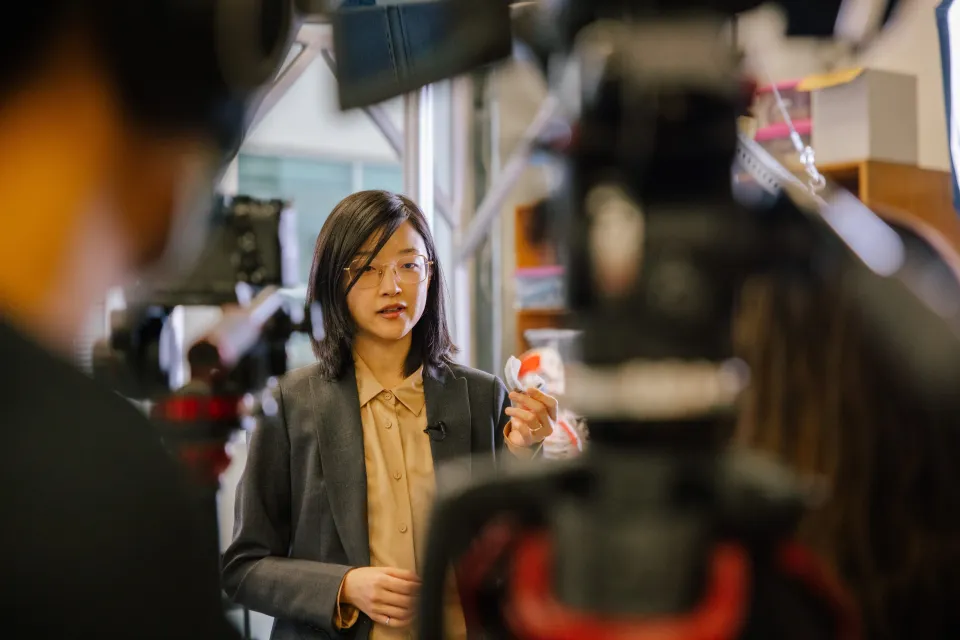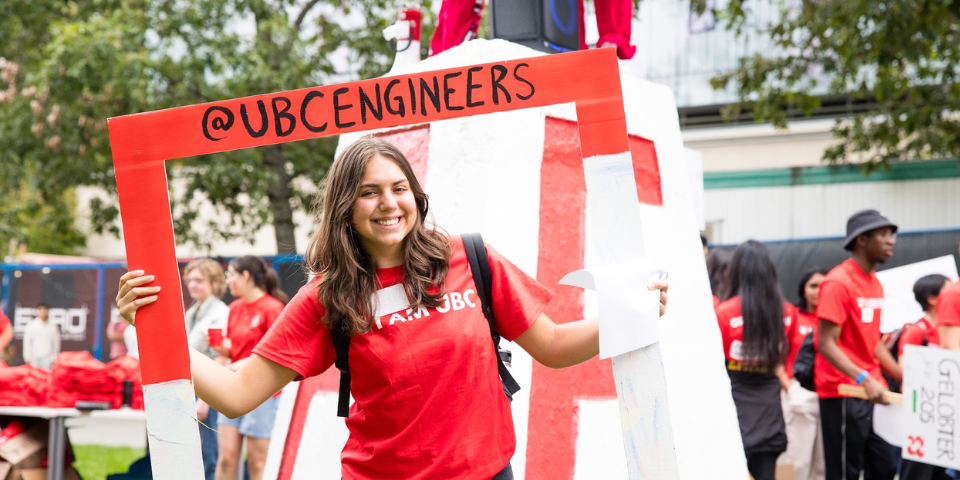
If you’re thinking about studying engineering, it’s good to know what the prerequisites are so that you can meet the admissions criteria. Taking the high school courses you’ll need will enable you to keep all your options open when it comes time to apply to university.
Why you need pre-requisites
Of all the majors you can choose in university, engineering has very specific requirements for entry.
Each university has its own admissions requirements, and each degree program will have its own criteria. Each Faculty or program wants to make sure that incoming students have the knowledge and aptitude to succeed in their field.
That’s because engineering touches virtually every aspect of our world, and the challenges that engineers address require creative problem-solvers with wide-ranging knowledge.
By completing the required high school courses for admission, you are demonstrating that you are comfortable with the concepts and ways of thinking that will enable you to be an engineer. But don’t worry! You don’t have to be an expert in these courses or even at the top of your class to do well in engineering.
Here’s a quick overview of the courses that are fundamental to engineering:
Physics
Students applying to UBC Engineering need to have taken Physics 12 or its equivalent. Why do you need physics? Physics is essential for many engineering disciplines and you’ll use it in countless ways, whether you’re designing more resilient infrastructure to withstand the effects of climate change, creating a prosthetic hand, working as an electrical engineer or developing new quantum materials.
You’ll take several physics classes in first year. These courses are designed specifically for engineering students to give you the foundational physics knowledge you’ll need no matter what engineering specialization you choose.
Communication
Engineers need to be able to clearly explain their ideas and innovations to technical and non-technical experts alike. As an engineer, you need to know how to write clearly and concisely, present your arguments logically and coherently, and communicate effectively in groups. You’ll have learned some of these skills in high school in your English courses, and in first year you’ll take a course on communication for engineers.
Why Engineers Make Great Leader
Don’t have the pre-reqs or GPA?
If you don’t meet the requirements of Chemistry 12 and Physics 12 (or their equivalents), you can still apply to UBC Engineering. All applications are reviewed on a case-by-case basis.
Don’t meet the grade point average? There are several paths to becoming a UBC Engineering student. We have a transfer program in place with nine partner universities and colleges. If you complete the transfer program and meet the requirements, you can be admitted directly into second-year engineering at UBC. Read our Transfer Q&A to learn more about this option. If you are an Indigenous student, the Langara Indigenous Transfer Partnership could be another pathway to consider.










